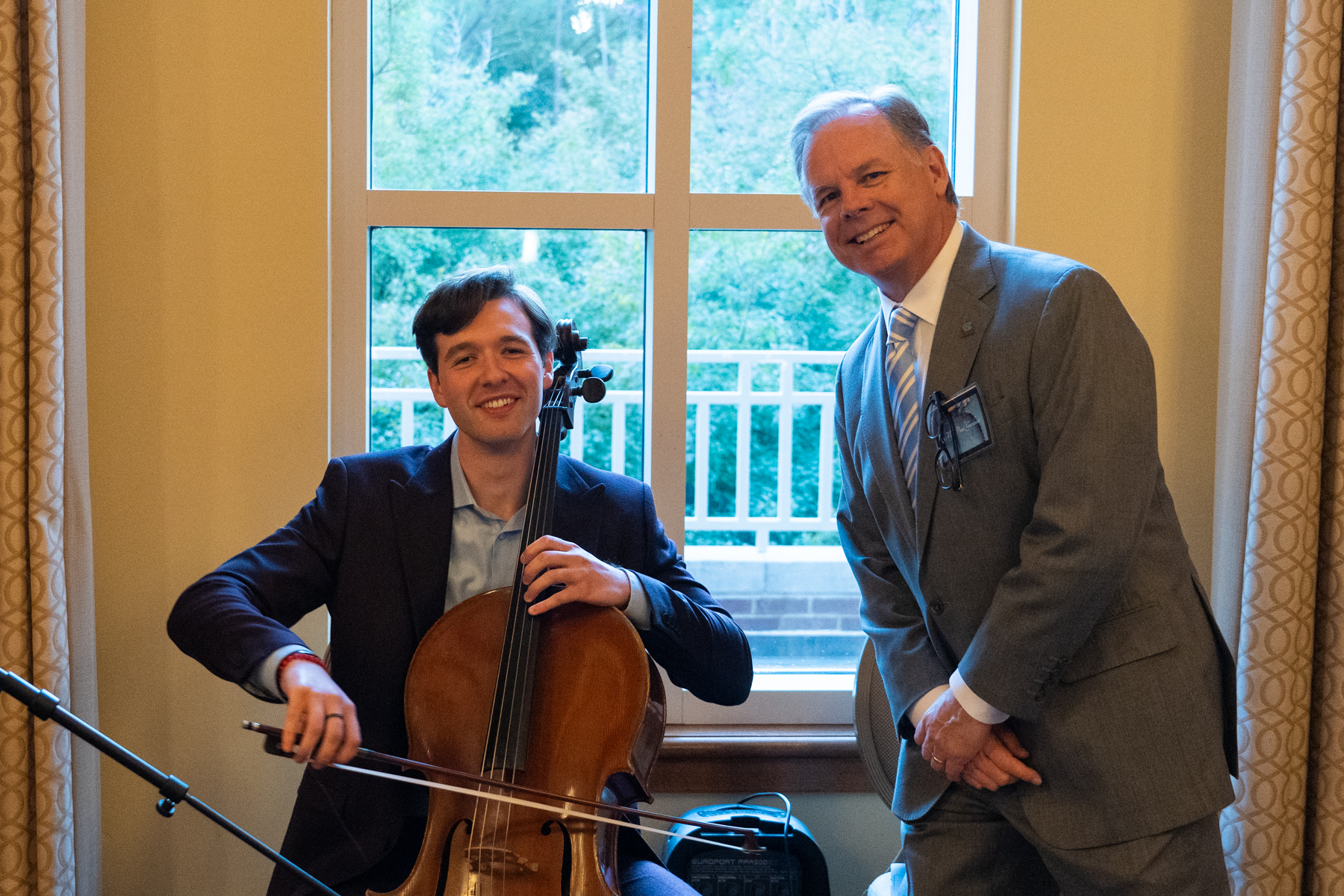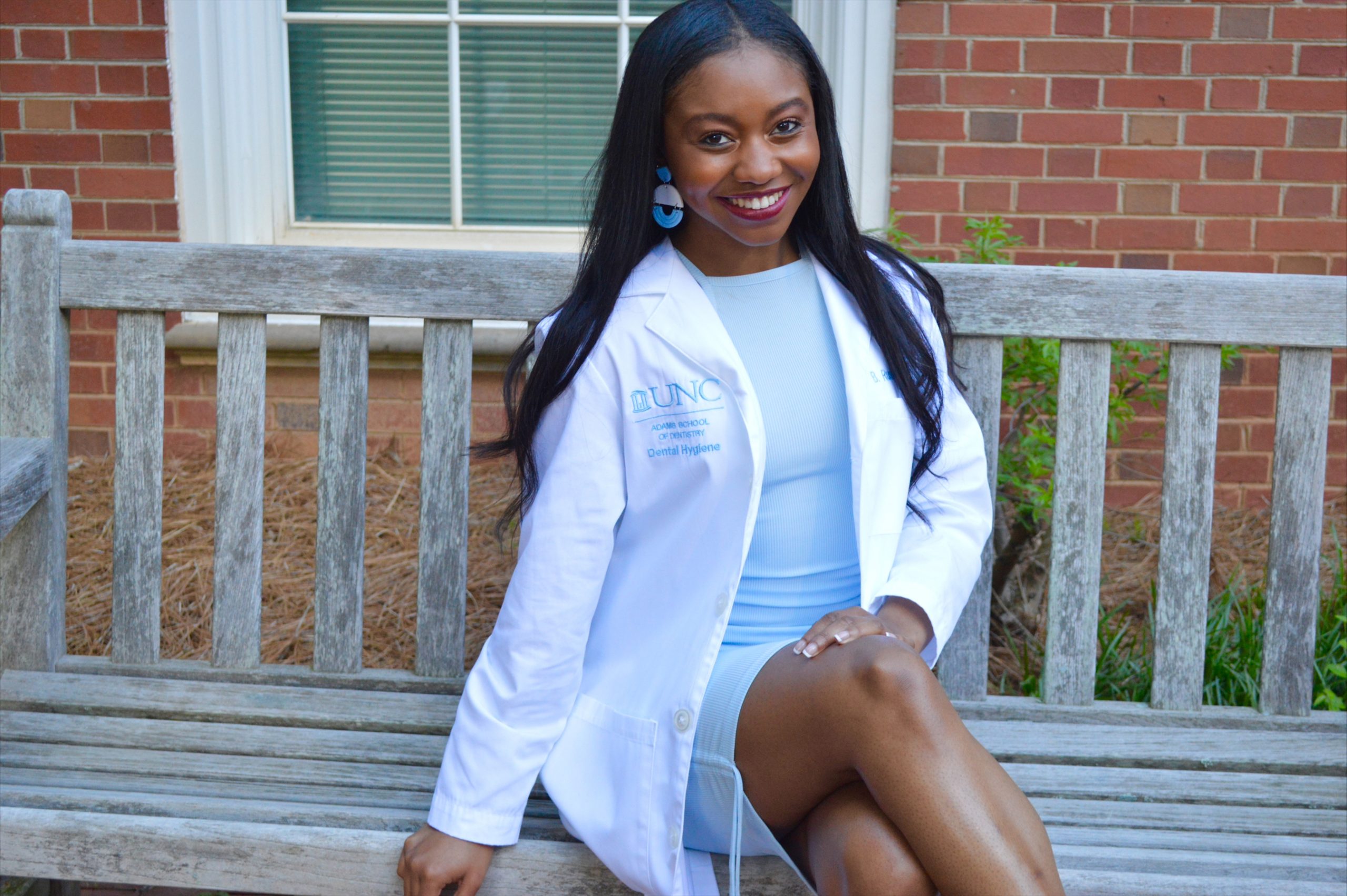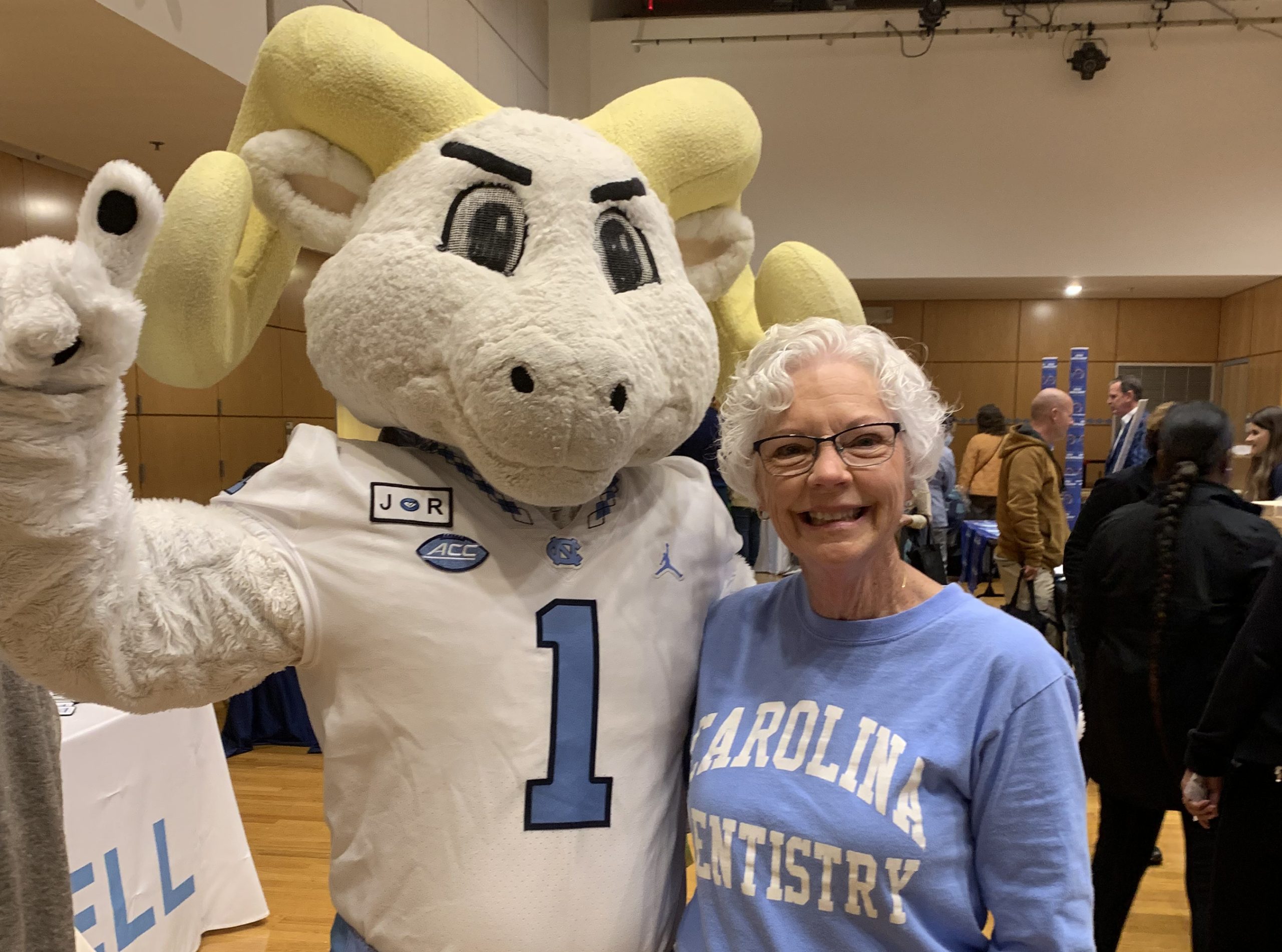Treating and Preventing Childhood Diseases

A team of researchers at the UNC School of Medicine and UNC Adams School of Dentistry are leading a multinational project to better understand, treat and prevent childhood diseases, thanks to a $3.5-million Chan Zuckerberg Initiative (CZI).
The team seeks to better understand how cells lining the nose, mouth and airways interact to maintain respiratory health or play roles in diseases throughout childhood. The project is part of larger collaboration, supported by $33 million in CZI grants, spanning groups of researchers across 15 countries that will contribute to the global Human Cell Atlas – a kind of Google Earth view of human cell architecture.
Kevin Byrd, DDS, PhD, research instructor at the UNC Adams School of Dentistry and the Anthony Volpe Research Scholar at the American Dental Association is co-principal investigator (PI) on the project.
“Single-cell technologies have incredible potential to accelerate scientific knowledge as researchers work to understand how cells and organs mature and relate to pediatric diseases,” said CZI Science Program Officer for Single-Cell Biology Jonah Cool. “We’re excited to welcome CZI’s Pediatric Networks for a Human Cell Atlas teams to our grantee community, and for these researchers and pediatricians to make progress on addressing childhood diseases.”
Coordinating principal investigator James S. Hagood, MD, Professor of Pediatric Pulmonology at the UNC School of Medicine, said, “We have made important strides in preventing and treating diseases in children over the last two decades, but we have much more work to do. We need to investigate how various environmental factors, such as air pollution and viruses, impact children around the world at the cellular level so we can generate better ways to help them.”
The international team of clinical scientists will collect samples from six countries – Brazil, Germany, India, Malawi, the United States, and Vietnam – for cutting-edge single-cell and spatial analyses of various cell types involved in human health and disease. This data from a variety of ancestral backgrounds will become available to other investigators around the world, as well as to this UNC-led expert network, with the goal of generating better ways to prevent and treat childhood diseases, including those caused by respiratory pathogens such as coronaviruses.
Co-PI Richard Boucher, MD, director of the UNC Marsico Lung Institute and the UNC Cystic Fibrosis Center, said, “We have learned a lot about SARS-CoV-2, the virus that causes COVID-19, but we need to learn more about how this virus and others affect cells in mouth and nose – where infection first takes hold – and how viruses and pollution affect human airways to produce chronic disease.”
Hagood added, “The Delta variant is causing more children to get sick than we saw earlier in the COVID-19 pandemic. We must learn about differences in cells lining airways of children in diverse populations to create new ways to treat current and future diseases. We also need to learn how inhalation of small particles from pollution, including from increasingly common wildfires, affect us now and over the course of life.”
At UNC-Chapel Hill, the researchers are: James S. Hagood, MD, coordinating PI, director of the Program for Rare and Interstitial Lung Disease at the UNC School of Medicine; Richard Boucher, MD, co-PI, the James C. Moeser Eminent Distinguished Professor of Medicine at the UNC School of Medicine; Michelle Hernandez, MD, co-PI, associate professor of pediatrics at the UNC School of Medicine, director of the NC Child Health Research Network, and associate director of the UNC Asthma Program; Scott Randell, PhD, co-PI, professor cell biology and physiology at the UNC school of Medicine and member of the UNC Marsico Lung Institute; and Adam Kimple, MD, PhD, co-PI, assistant professor in the UNC Department of Otolaryngology/Head & Neck Surgery at the UNC School of Medicine.
Drs. Hagood and Hernandez are members of the UNC Children’s Research Institute.
Investigators from collaborating institutions are: Herbert Schiller, PhD, co-PI, head of the Systems Medicine of Chronic Lung Diseases group at the Comprehensive Pneumology Center at Helmholtz-Muenchen, the German Research Center for Environmental Health; Purushothama Rao Tata, PhD, co-PI, assistant professor of cell biology and physiology at Duke University; Fabian Theis, PhD, co-PI, leads the Institute of Computational Biology at Helmholtz-Muenchen, is the “Mathematical Modeling of Biological Systems” Chair at the Department of Mathematics of TU Munich, and is associate faculty at the Wellcome Trust Sanger Institute since 2019; and Arjun Guha, PhD, co-PI, at the Institute for Stem Cell Science and Regenerative Medicine in Bangalore, India.
“This pediatric Human Cell Atlas will help us build a base of knowledge of cells in children and adults,” Hagood said. “What happens in childhood can set a pattern for your entire life. We know this because we see how childhood diseases and exposures impact adult health. A better understanding of this process will help us improve the health of children now and later as they become adults.”
This award supports the Campaign for Carolina, the University’s most ambitious fundraising campaign in history, launched in October 2017 with a goal to raise $4.25 billion by December 2022. To read the full Carolina story, click here.
About the Chan Zuckerberg Initiative
The Chan Zuckerberg Initiative was founded in 2015 to help solve some of society’s toughest challenges — from eradicating disease and improving education, to addressing the needs of our local communities. Our mission is to build a more inclusive, just, and healthy future for everyone. For more information, please visit www.chanzuckerberg.com.



